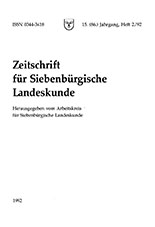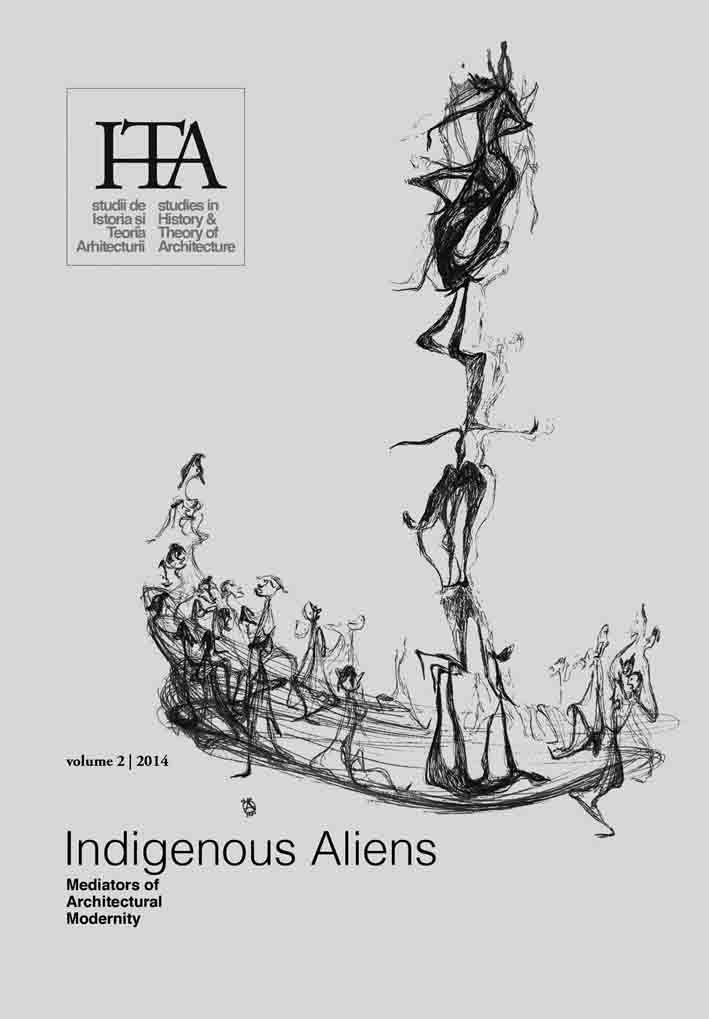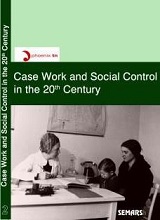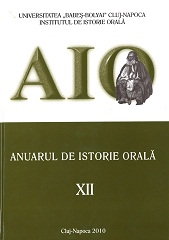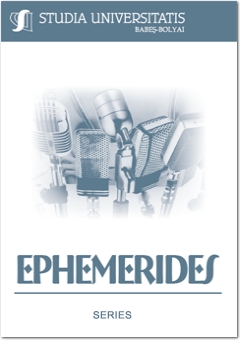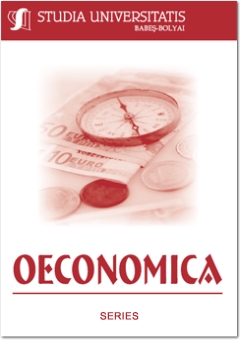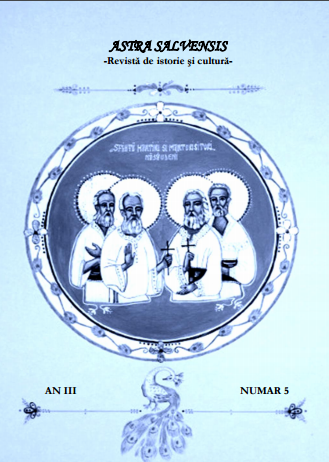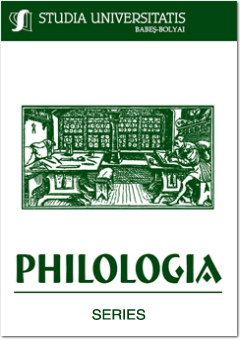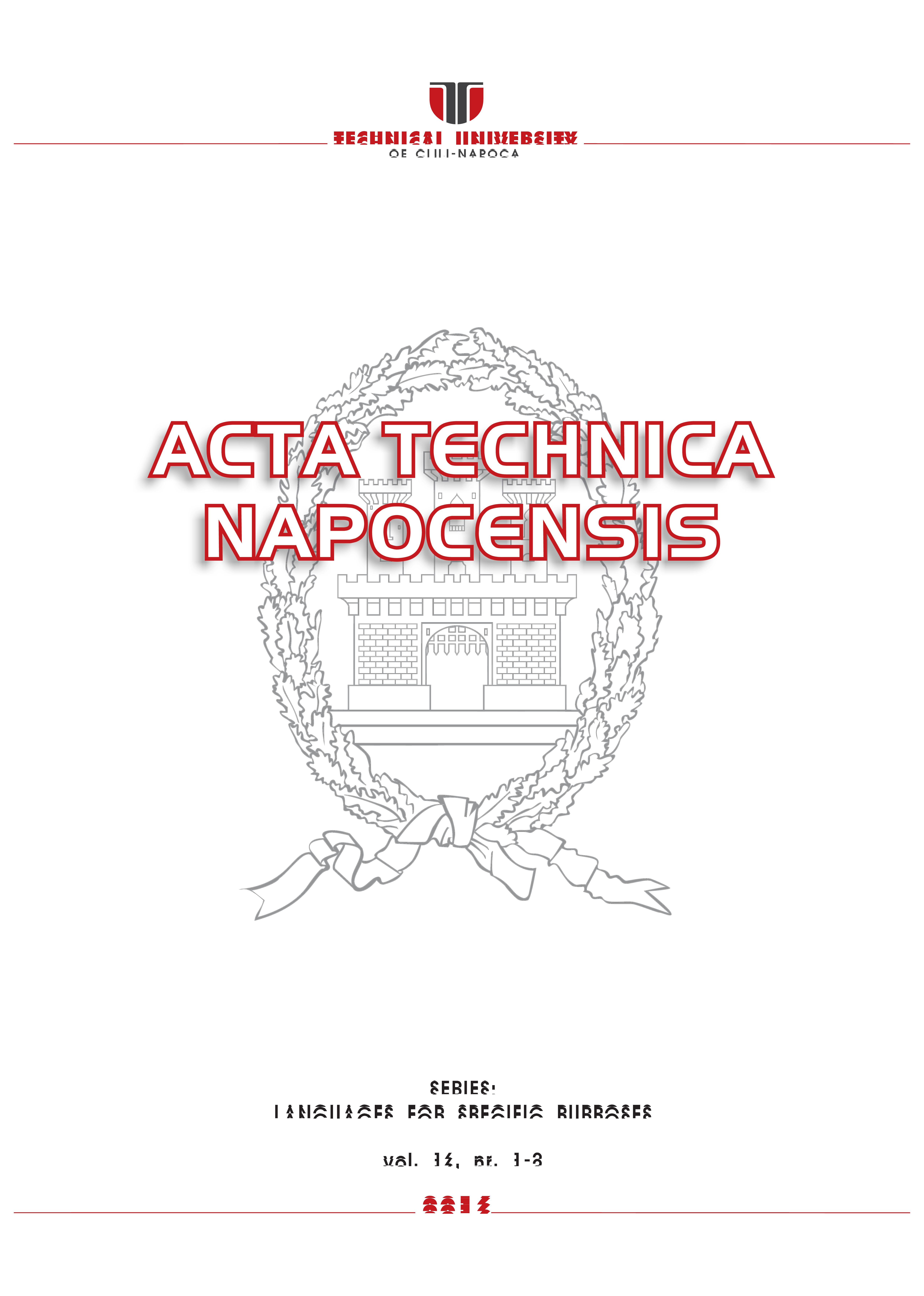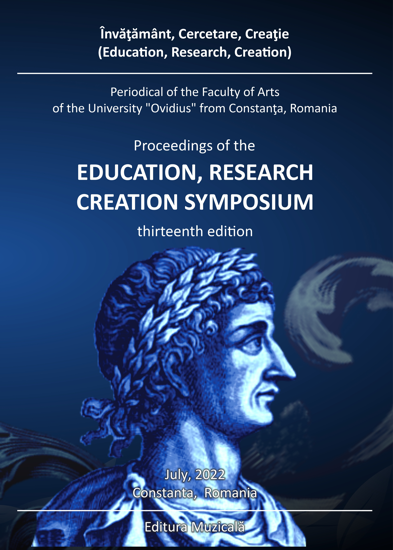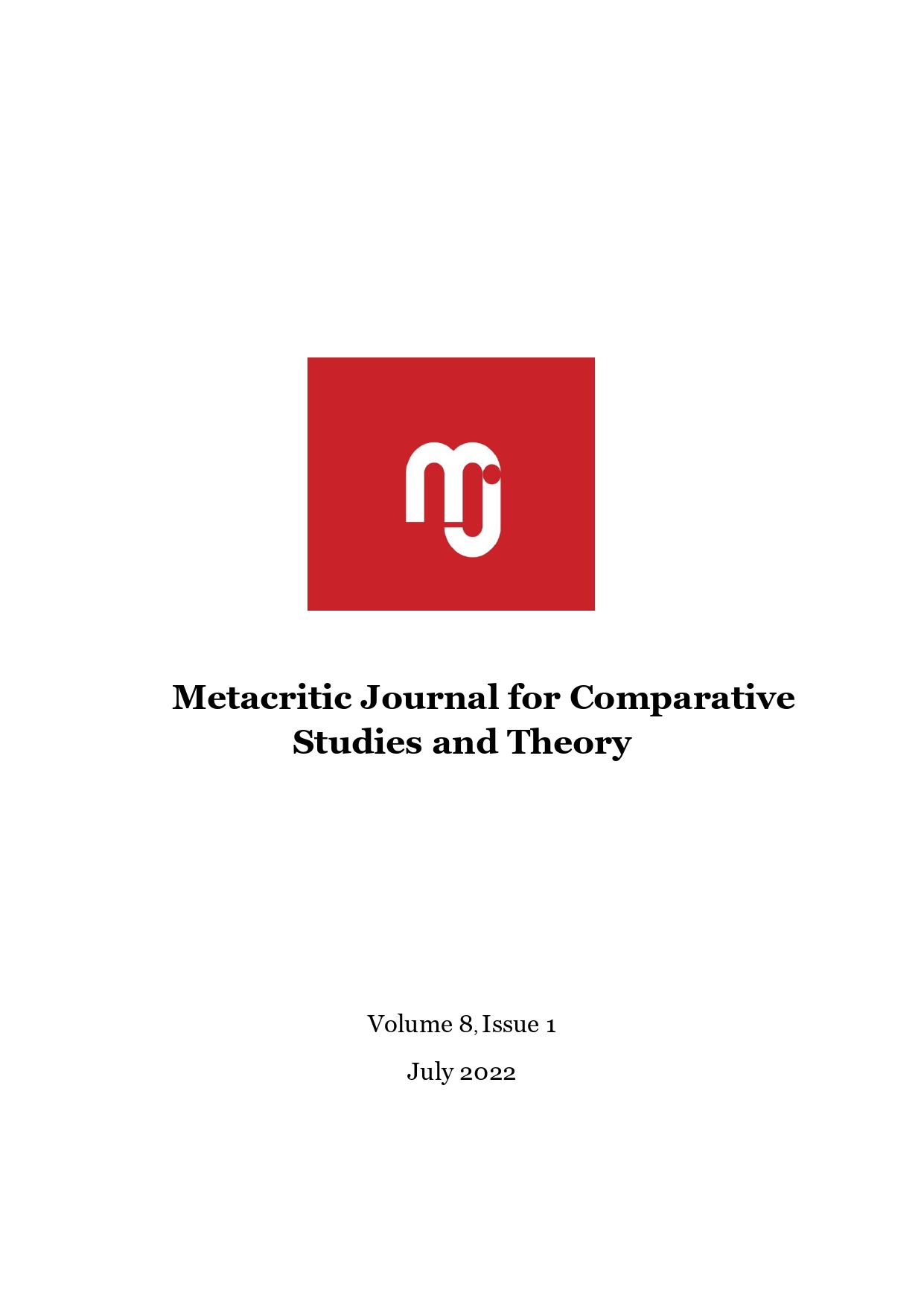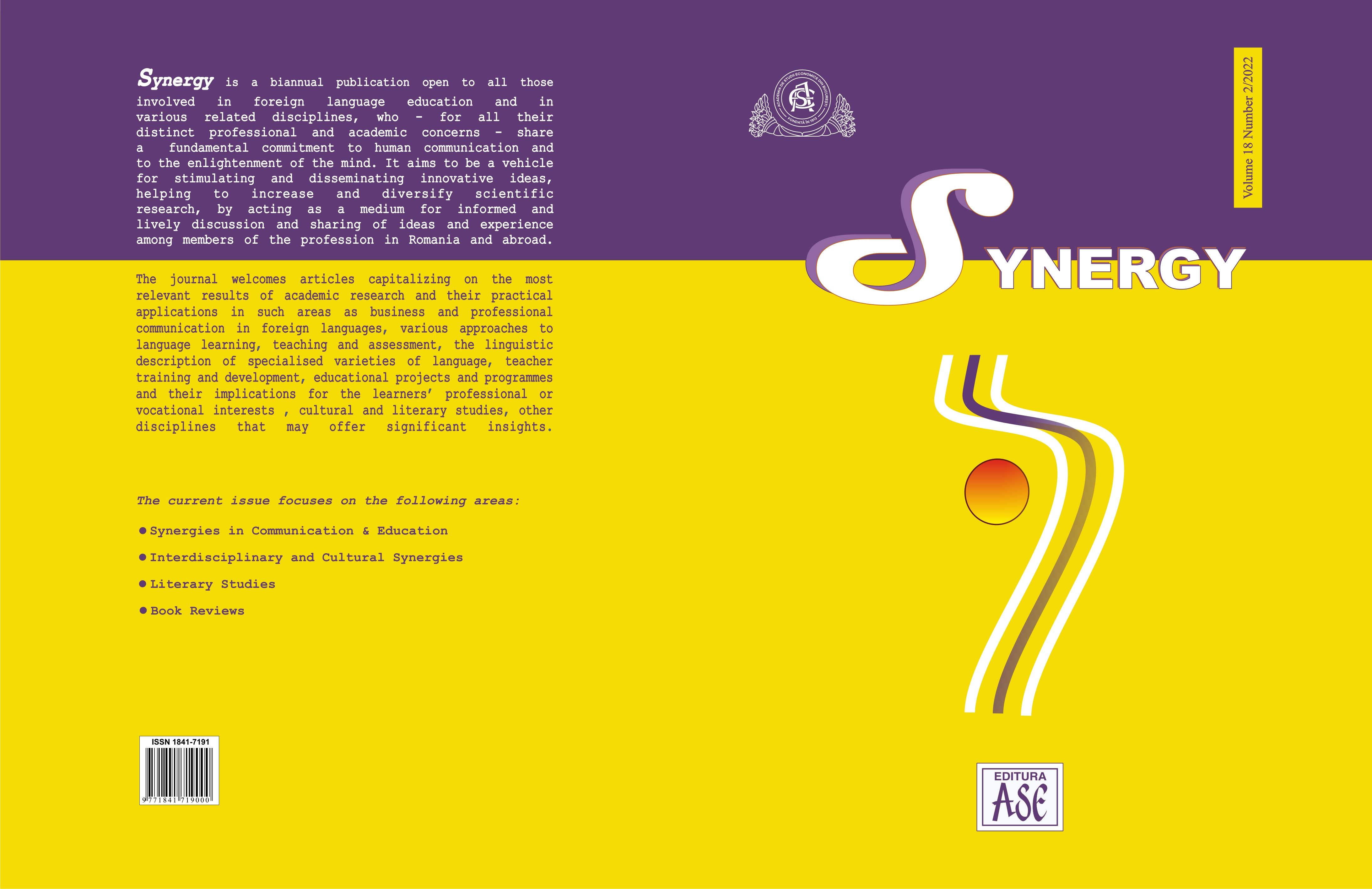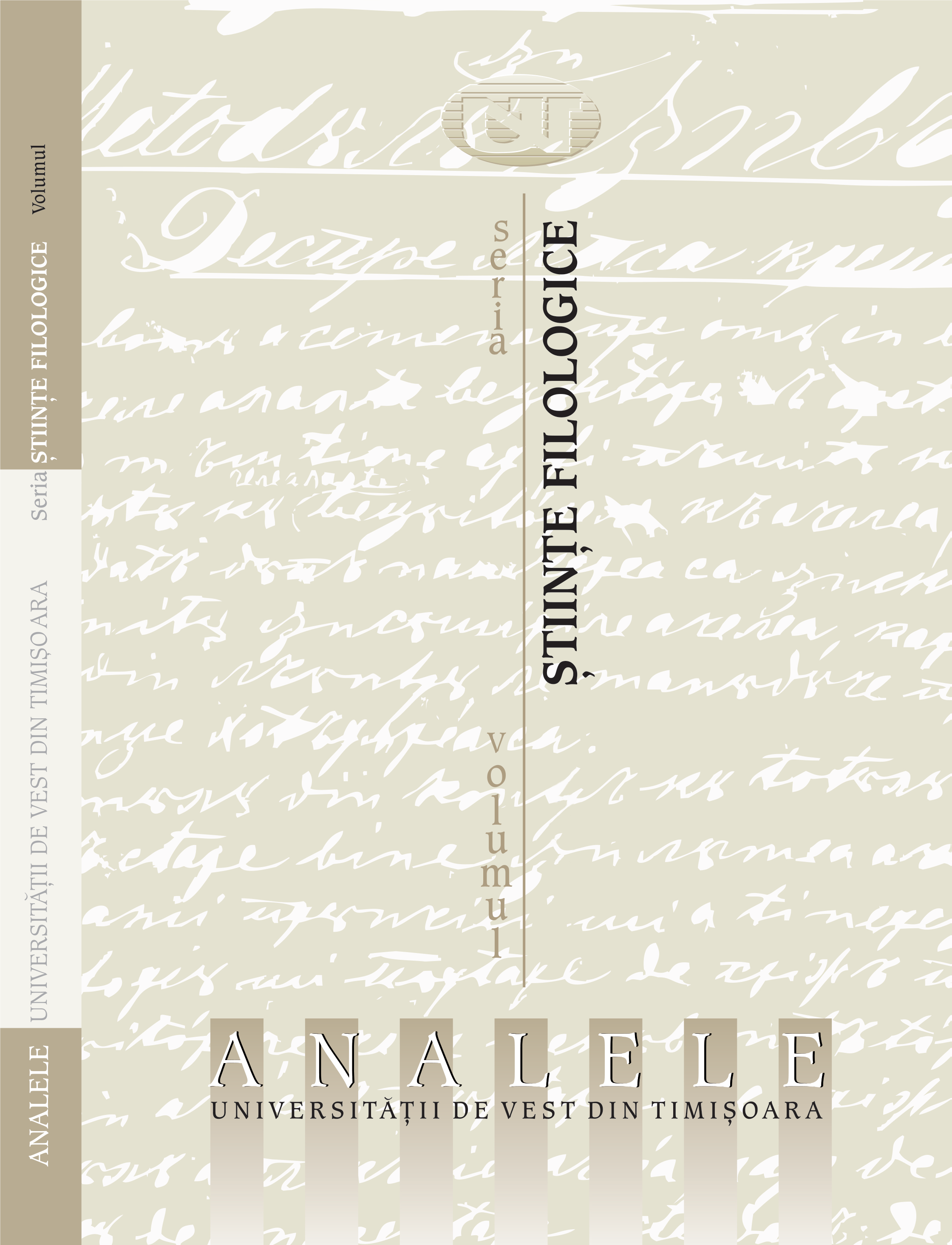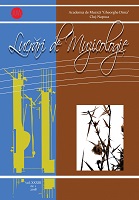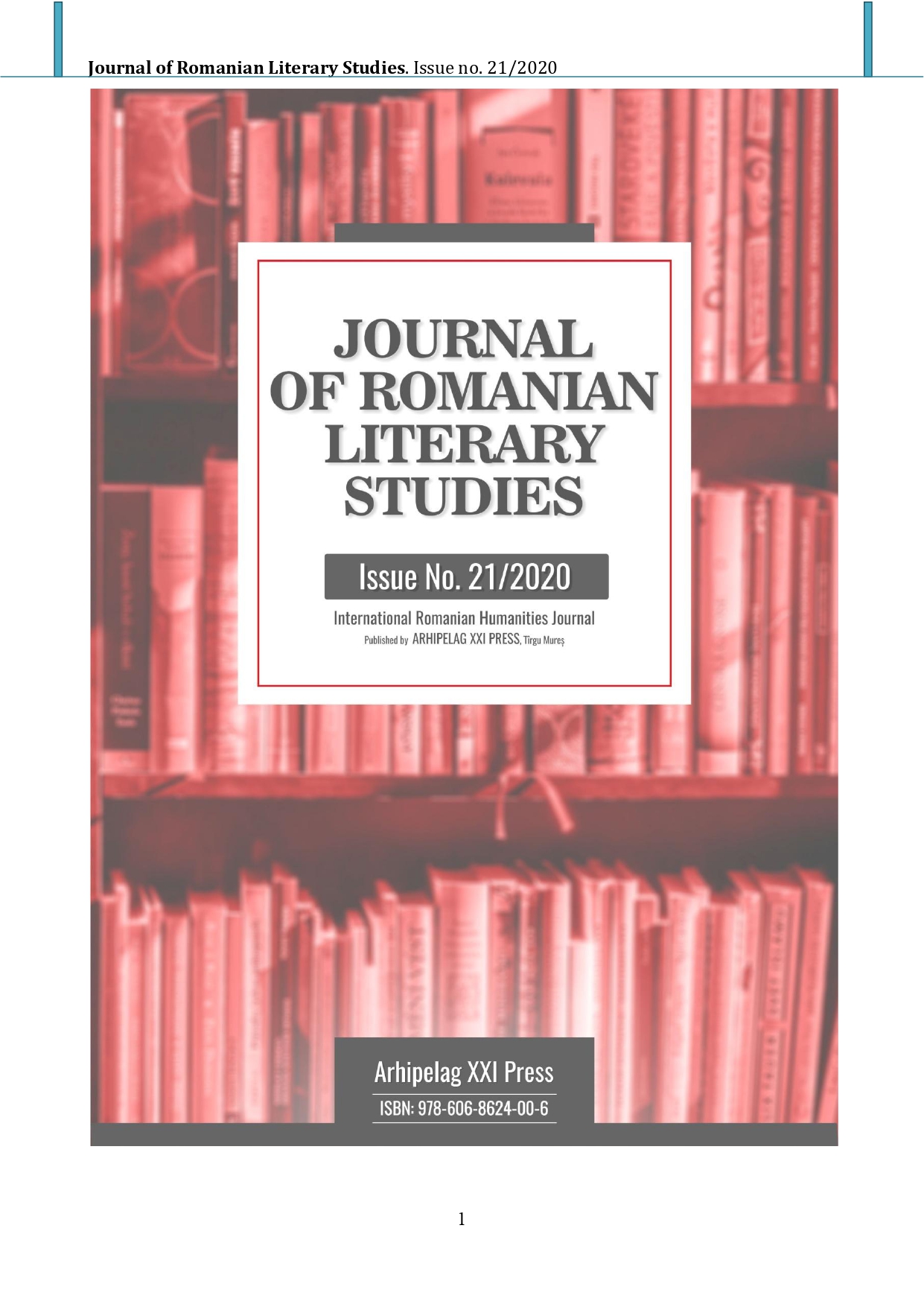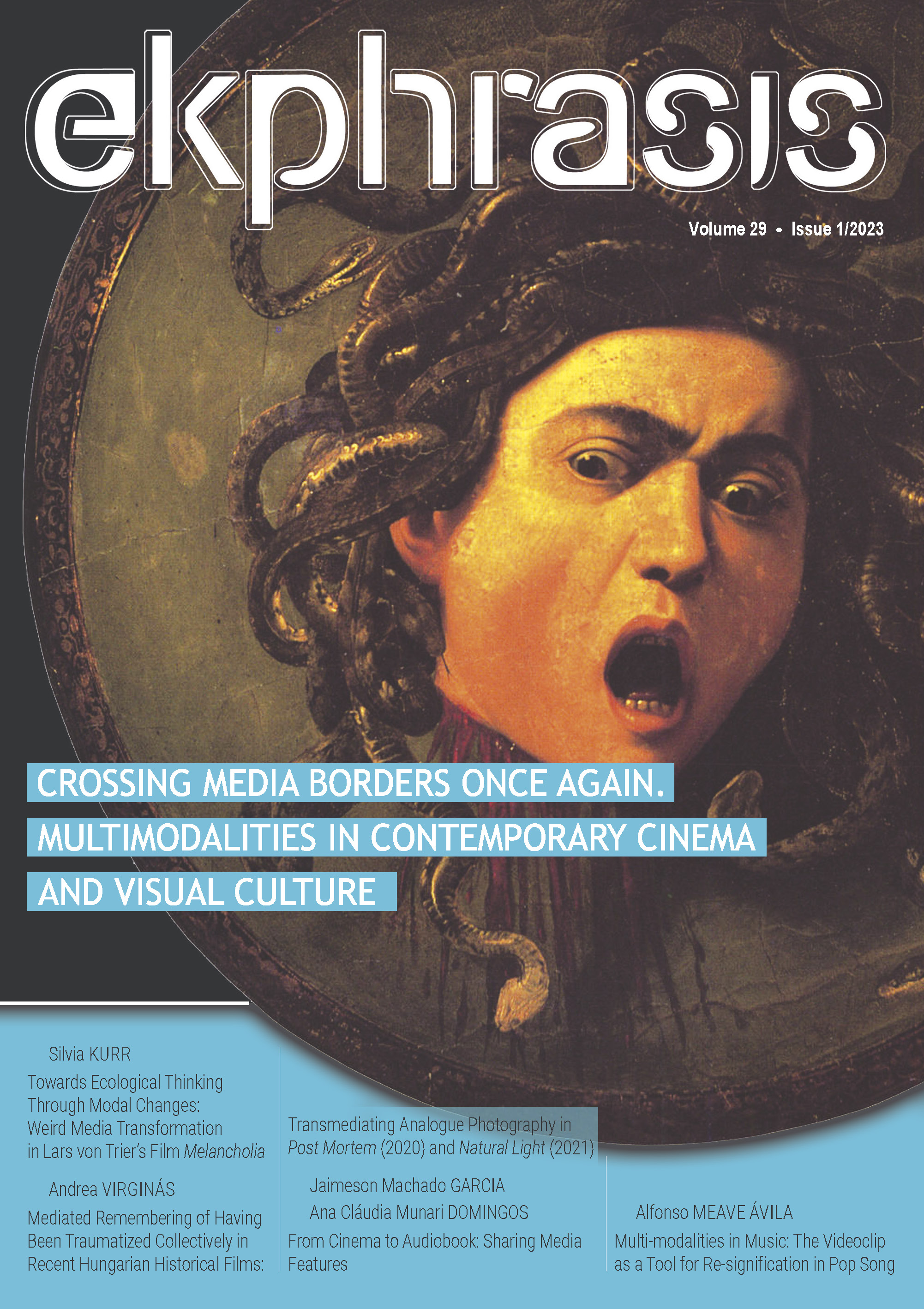VALORISING CONTENT THROUGH FORM IN INTERACTIVE COMMUNICATION
VALORISER LE CONTENU PAR LA TECHNIQUE DE FORME DANS LA COMMUNICATION INTERACTIVE
Keywords: message; interactive communication; form; instruments; valorisation of content
In the interactive communication, it is not enough to learn to speak well, it is necessary to be able to communicate. Public speaking, negotiation, debating, leading a meeting, managing a team, or keeping up conversation require learning and studying. Analysis shows that over 70% of interpersonal communication is not necessarily reason- based and that the key of an interactive relationship is the non-verbal aspect. The present paper discusses the instruments which can be used in a large number of professional or social situations; these instruments represent the art and capability to valorise the content through form. Communication is a continuous interaction and the two ways of transmitting the message, i.e. the information-based and the relationship-related ways, explain the fact that we communicate with the others and not in front of the others.
More...
